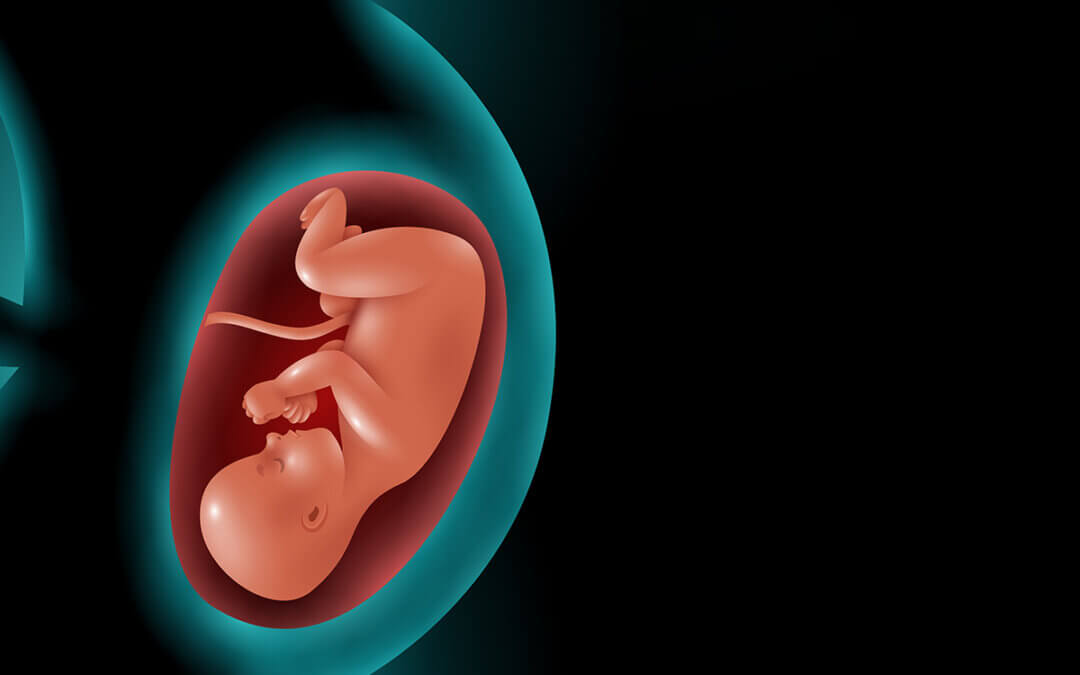Share this blog post with your friends
Over the years, pregnancy testing has seen remarkable technological advancements, making it easier and more convenient for women. One such innovation is the digital pregnancy test, which provides clear results in words like “pregnant” or “not pregnant,” eliminating any confusion. These tests also offer early detection, allowing women to test even before their missed period, which can be quite exciting.
Digital tests are designed to be user-friendly, providing accurate results with confidence. They have become popular because they are easy to read and understand.
However, it’s important to note that these advancements have their limitations. Digital tests are often more expensive than traditional ones and require a power source, like batteries. Early detection tests may sometimes give false negatives if taken too early or if the pregnancy hormone levels (hCG) are still low. It’s essential to follow the instructions carefully and consider retesting if pregnancy is suspected despite a negative result.
Accuracy and Reliability of Home Pregnancy Tests
Home pregnancy tests are pretty reliable when used correctly. Most tests claim to detect pregnancy hormones (hCG) at a specific level, usually around 25-50 mIU/mL. However, keep in mind that accuracy can vary based on factors like the brand, timing, and user error.
Different brands may have different sensitivity levels, some can pick up lower hCG levels sooner. Choose a trusted brand and follow the instructions carefully for more reliable results.
There are some misconceptions, like assuming a negative result is always accurate or that a faint line means it’s a false positive. Even a faint line can indicate pregnancy if it shows up within the recommended time frame.
Specific circumstances, such as testing too early, diluting urine, or specific drugs or medical conditions, can all have an impact on accuracy. For better accuracy, wait until after a missed period and utilize concentrated morning urine.
If you are unsure about the outcome, consult with a healthcare expert who can do additional tests and give advice.
Frequently Asked Questions (FAQs) about Pregnancy Tests
- How soon after intercourse may I take a pregnancy test?
To get more accurate results, wait until after you’ve missed your period. Pregnancy hormones can be detected in your urine by most pregnancy tests approximately 1-2 weeks after fertilization.
- Is it possible for a pregnancy test to provide a false-positive result?
False-positive findings are uncommon, although they might arise as a result of certain drugs or medical conditions. It is suggested that favourable results be confirmed with a healthcare practitioner.
- Is it possible for a pregnancy test to provide a false-negative result?
False-negative findings might occur if the test is taken too soon or if your urine is diluted. For the most reliable results, test your pee first thing in the morning, when the hormone concentration is maximum.
- What should I do if my test results show a faint line?
A thin line typically suggests a favourable outcome. If you’re not sure, repeat the test in a few days or check with a healthcare practitioner.
- How soon can I retest if my period is late but the test is negative?
If your period is still delayed after a negative result, wait a few days and retest. If you’re concerned about your menstrual cycle, it’s recommended to consult with a healthcare professional.
- Can medications or fertility treatments affect the test results?
Certain medications and fertility treatments can influence test outcomes. It’s important to inform your healthcare provider about any medications or treatments you’re undergoing.
- How accurate are digital pregnancy tests compared to traditional line tests?
Digital tests work similarly to line tests but display results as words instead of lines. Both types are equally accurate, but digital tests may be easier to interpret for some individuals.
- Can a pregnancy test detect an ectopic pregnancy?
Pregnancy tests are designed to detect pregnancy hormones, but they cannot determine the location of the pregnancy. If you experience symptoms of an ectopic pregnancy, seek immediate medical attention.
- Can I use expired pregnancy tests?
It’s best to use tests that are within their expiration date for accurate results. Expired tests may provide unreliable outcomes.
- What should I do if I have questions or concerns about my pregnancy test results?
If you have specific concerns or questions, it’s advisable to consult with a healthcare professional who can provide personalized guidance and support.
Key Considerations When Choosing a Pregnancy Test
When it comes to picking a pregnancy test, there are some important things to think about. These factors will help you make a good choice based on what matters most to you. Check out the following considerations:
- Cost: Pregnancy tests vary in price, so keep your budget in mind. Remember that increased expense does not always imply higher accuracy.
- Sensitivity: Some tests are more sensitive than others when it comes to identifying pregnancy hormones. If you wish to test early, search for those that are branded “early detection” or “ultra-sensitive.”
- Ease of utilize: Consider how simple the exam is to utilize. Look for easy processes and clear directions. Some tests have useful features such as a large grip or a digital display for better reading.
- Brand Reputation: Choosing a pregnancy test from a well-known and reputable brand might be comforting. Look for those with a good reputation and favourable client feedback.
- Readability: Think about how simple it is to comprehend the exam findings. Some tests produce lines that must be read, but others provide a simple “pregnant” or “not pregnant” digital answer. Choose the type that you believe is more user-friendly.
- Additional Features: Some tests have extra features such as a built-in timer or a result confirmation box. These enhancements can be useful and make testing easier.
- Accuracy: All pregnancy tests must fulfil specific accuracy requirements, however, it is critical to carefully follow the directions. Remember that no test is 100% accurate. If you are doubtful, retest or see a healthcare practitioner.
By considering these factors and your personal preferences, you’ll be better equipped to choose the right pregnancy test for you. Don’t hesitate to read reviews, ask for recommendations, and seek guidance from healthcare professionals if you have any concerns or questions.
Conclusion
Remember to make educated judgments while picking a pregnancy test, taking into account criteria such as cost, sensitivity, convenience of use, and brand reputation. Most importantly, don’t be afraid to seek assistance and support from healthcare experts during your pregnancy testing experience. You can manage this process with confidence if you stay educated and seek the correct aid.

